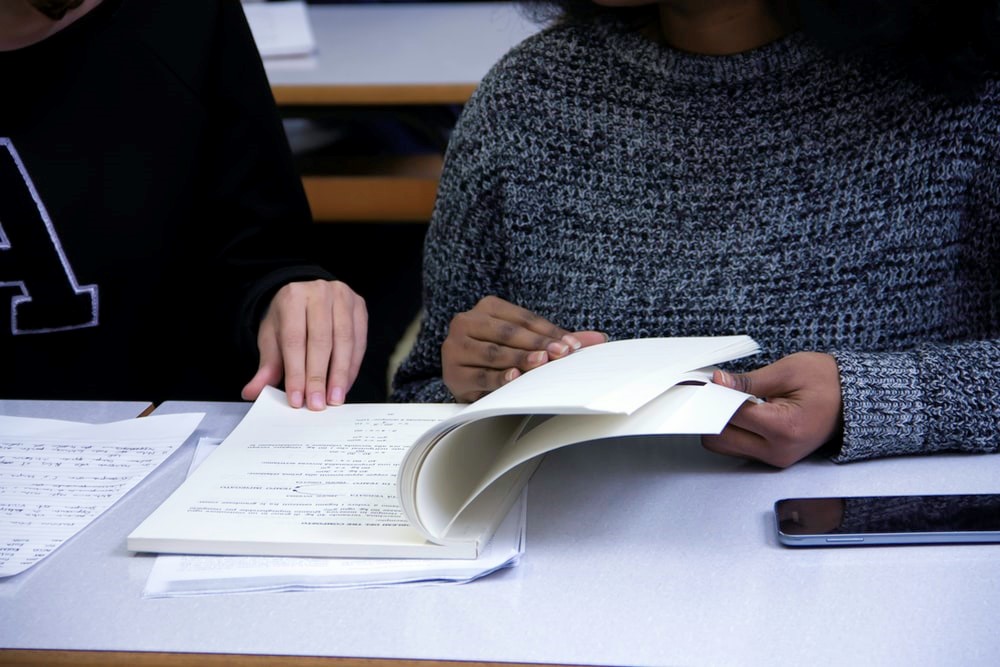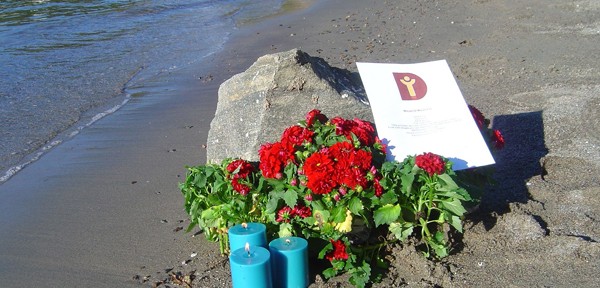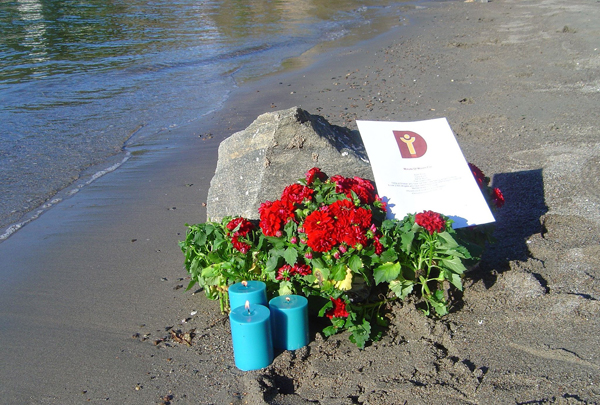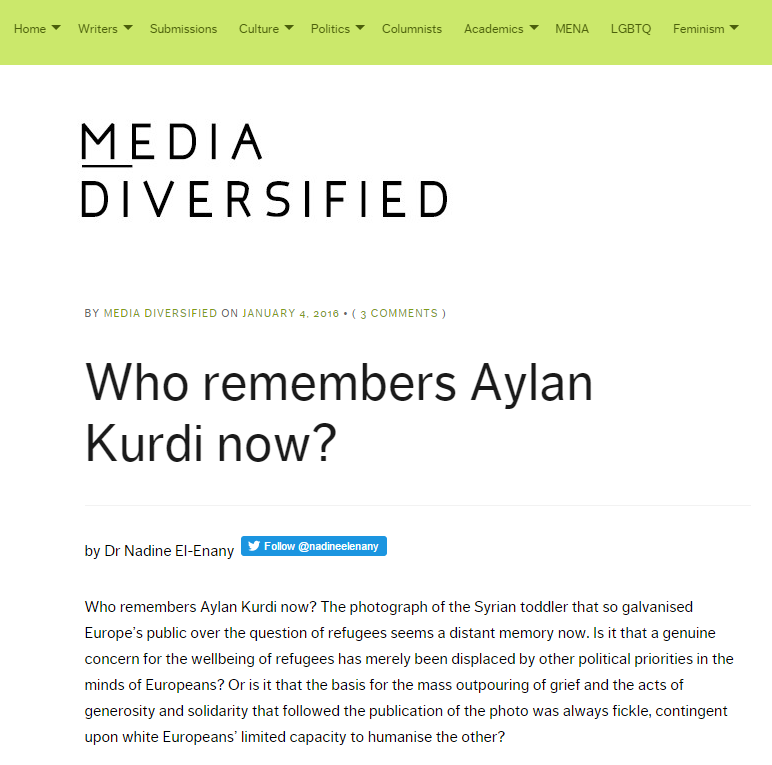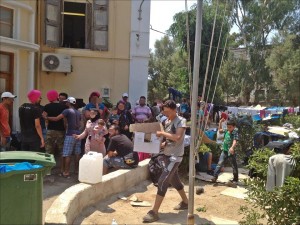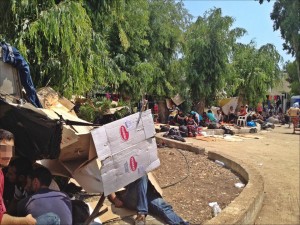In September, a 2017 recipient of the Compass Project Sanctuary Scholarship, Michael led a wellbeing workshop for mentors of the Compass Project. These mentors are academics at Birkbeck who volunteer to mentor a Compass scholar during their course.
Drawing on his past experiences as a mentee, Counselling student and person seeking asylum, here is what Michael had to say about the session.
Why did you want to offer a wellbeing training workshop to Compass mentors?
My experience of being at Birkbeck was fantastic, I always felt valued there and since completing my course, I have been looking for opportunities to give something back. Drawing on my expertise as a student and in a caring role for many years, I chose to offer this workshop to mentors. Having had a superb mentor-mentee relationship, I wanted to offer this in support and appreciation of mentors’ commitment and sacrifice and importantly, share a mentee’s perspective through the workshop.
What did the workshop involve?
As the focus of the workshop was on wellbeing and self-care, I encouraged the use of a self-care ‘toolbox’ for academic mentors to support not only their mentees but themselves too. I started by giving a presentation on the complexities and challenges often faced by forced migrant students. This included the potential changes to their precarious statuses and how this might affect their university performance and health.
The second part of the workshop consisted of raising awareness of possible secondary stress responses that can affect mentors. I reflected on methods of self-care already in use by the mentors, offered practical breathing and stretching exercises and emphasised the importance of signposting to external support when necessary.
What did it feel like to be presenting to Birkbeck academics?
I felt proud presenting to Birkbeck academics. I expected to be nervous, and although I had not slept the previous night, I was surprisingly relaxed and confident about the workshop. I had a lot of support from the lovely Isabelle (Compass co-ordinator), who is always available, supportive and encouraging which helped a great deal with my confidence.
Leading the workshop was a personal goal that I accomplished. It reaffirmed that I am proud of who I am becoming and showed me that I should never be afraid of making mistakes and getting things done. Just do it and learn from the mistakes.
What are you up to now?
I am currently in my second year at Goldsmiths, University of London where I am studying BA Psychosocial Studies. Despite the volume of reading materials and the frequency of assignments, I am thoroughly enjoying the course and gaining some unimagined practical skills from my Research Methods module, a delightful surprise for someone who has a dislike for maths! Being aware of my individual learning style, which I identified during my time at Birkbeck, means that my engagement with the course contents is managed in a way that supports my development.
What is your favourite memory from your time at Birkbeck?
I genuinely had many pleasant moments, but my best memory is the help I received when I hit rock bottom. I became homeless in the winter and came close to leaving my course. I felt like everything was stacking up against me, then I made a phone call to Naureen, the Compass Project Officer at the time, who worked her magic to help me find a place to stay. Because of that help, I completed my course, without which I would not be where I am today.
Another favourite memory is of the support and safe space provided by my mentor, Ben. When Bail 201 came into effect, I was threatened with losing my freedom to study. I remember going to visit Ben, who calmly created a safe space where I could start taking apart the problem at hand and focusing on what I could do. I remember this moment fondly because I received so much support from him, my lecturer Anne and the Compass team. I tackled the Home Office in court about their ‘no study’ decision with no legal representation and won. This was an astounding moment and because of the level of support I had from Birkbeck, I was able to face the Home Office, not feeling alone or scared.


